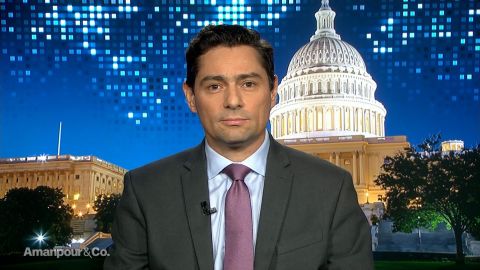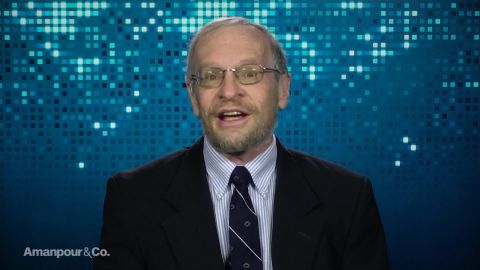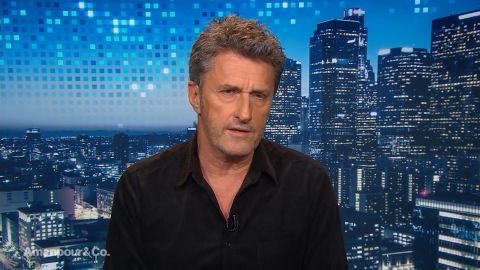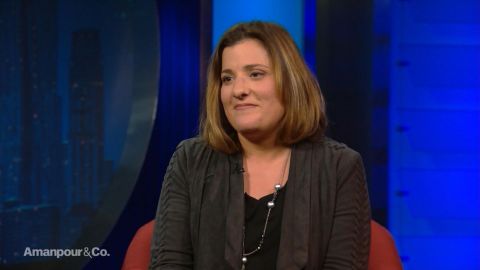Read Transcript EXPAND
CHRISTIANE AMANPOUR: So, this is a really important moment. The president of the United States voiced support early on for Mr. Guaido. And now, he’s actually picked up the phone or they’ve talked on the phone anyway and he’s got support, Guaido, from President Trump. Can you tell me exactly what kind of support the president offered?
VECCHIO: I think the most important thing is to support our agenda, and that’s why we have been talking with the United States and also with Latin American countries and the European Union. And our agenda is so clear, Christiane. First of all, we want to end the usurpation of power of Maduro, then we want to move to a democratic system, establishing a transitional government. And after that, we want to call for a free and transparent election as soon as possible. This is our agenda. This is where we want to move forward. And that’s why we are requesting the support of the international community. And it is important to mention, I mean, did this is not only about the United States. Again, this is a fight between, you know, the free world against the dictatorship.
AMANPOUR: I get it. I know you saying this is a fight between dictatorship and democracy. Just explain for people who are watching and they think — well, hang on a second. President Maduro claims that he won the elections and Juan Guaido has not been elected president. Describe how you’re going to square that circle and how you’re going to resolve what many might have is a question mark?
VECCHIO: Well, we have to keep in mind that Maduro conducted a fake election last year in order to keep six more years in power. So, that was declared by the OAS in the Inter-American System as an illegal, as an illegitimate election, and that’s why he’s no longer the president. He doesn’t have authority to conduct the presidency of Venezuela. And given that, we don’t have a president in the constitutional order. And on following our constitution under Article 233, when you don’t have a constitutional president, the president of the National Assembly has to assume the competences of the president. So, that’s why we are claiming the legitimacy of Juan Guaido as an intending president of Venezuela.
AMANPOUR: And I understand that you won’t even be in a position to be able to organize new elections for quite a while. So, given that and given that Maduro says he’s willing to negotiate with the opposition, only not over your demands for free elections, he says he’s going to stay until 2025 when, theoretically, the current term he’s embarking on expires. What is your plan B? What do you do if this continues and persists and Maduro holds on to power?
About This Episode EXPAND
Christiane Amanpour speaks with Carlos Vecchio to discuss the struggle for democracy in Venezuela; CNN Correspondent Ryan Young and climate scientist Richard Alley about the extreme temperatures in the Midwest; and director Pawel Pawlikowski about his new film “Cold War.” Hari Sreenivasan speaks with Sociology Professor Sara Goldrick-Rab about the struggles students face.
LEARN MORE



